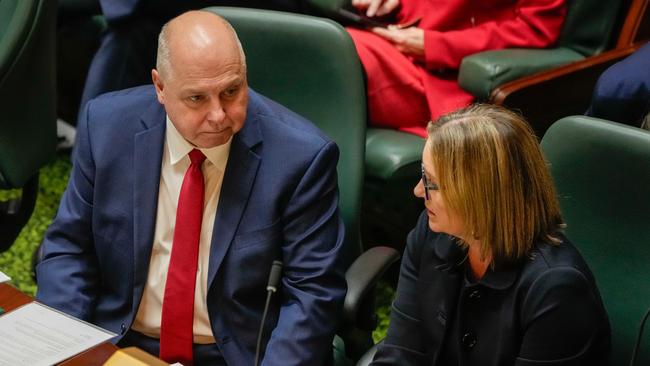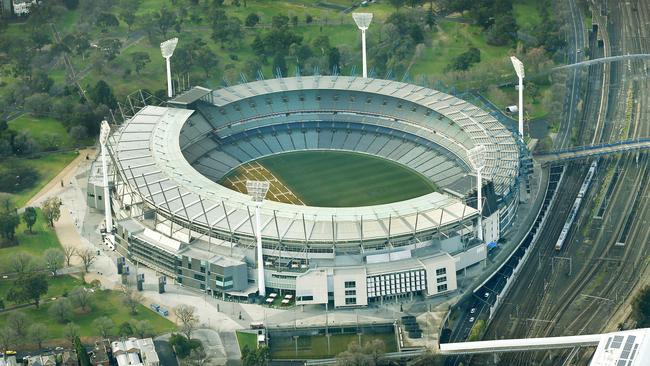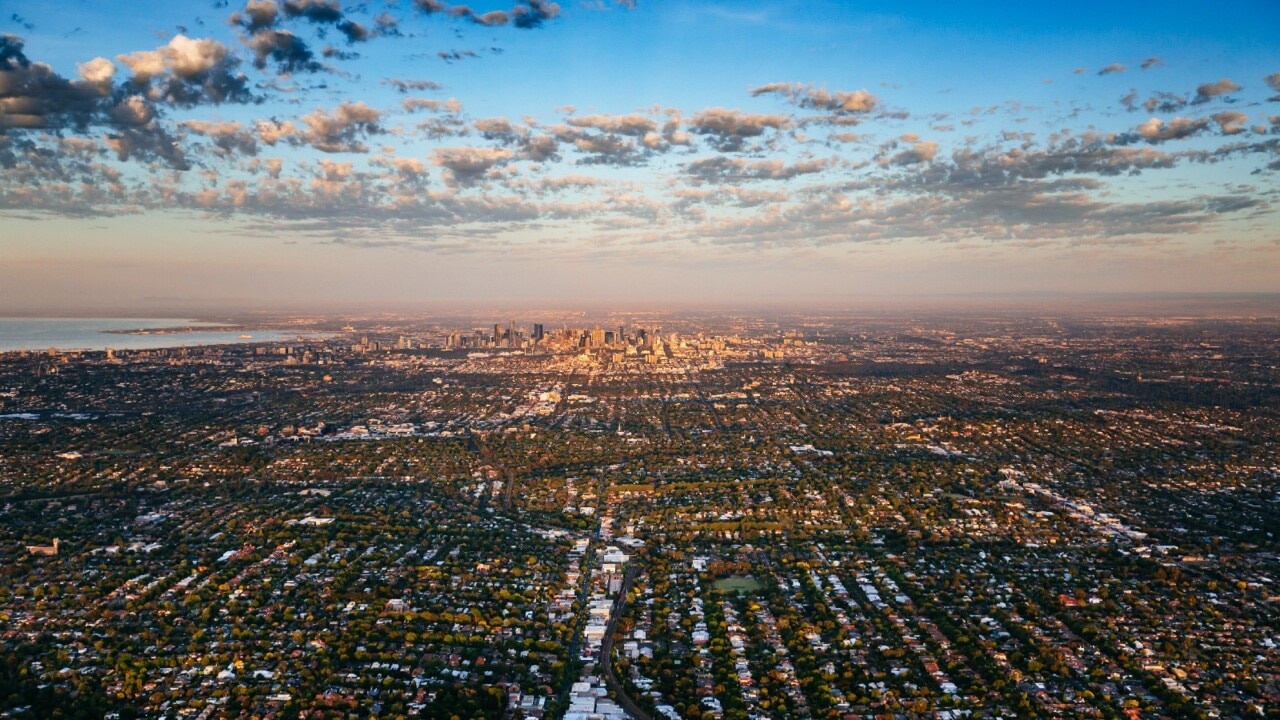Manufacturing businesses warn jobs will be lost due to Victorian land tax hikes
Land tax bills for some businesses have increased more than tenfold over the past five years, as the Victorian government scrambles to rein in its rising debt.

Businesses are accusing the Victorian government of putting thousands of jobs at risk, as they face land tax bills that have in some cases increased more than tenfold over the past five years.
As the Allan government scrambles to rein in debt headed for $187.8bn by June 2028, it has raised land tax rates as part of the Covid debt levy introduced in the 2023-24 state budget.
But the state’s Valuer-General has also dramatically increased the ostensible value of many commercial properties over the past year, with some companies paying tax on property values that have been deemed to have more than doubled between 2023 and 2024.
South East Melbourne Manufacturers Alliance CEO Honi Walker said the tax hikes were strangling her members’ businesses, making it impossible to proceed with any capital investment or hire new staff.
“Quite a few of them have already looked into moving interstate, to Queensland or South Australia, where both of those state governments are offering incentives, but for many that’s just not possible, and they could be forced to close,” Ms Walker said.
“We’re talking about mum-and-dad operations with anywhere from five to 500 people working for them: metal fabricators, parts manufacturers, plastics, chemicals, a whole lot of other manufacturers of items that we take for granted in our everyday lives.
“For those companies who are considering just closing, that means we’re going to lose a lot of that knowledge base, and that of course makes the products more expensive … which is exactly what we don’t need in a cost-of-living, and a cost-of-doing-business crisis here in Victoria.
“This is a nasty tax grab on manufacturers who during the pandemic kept paying their taxes, kept the state ticking over because manufacturing was deemed an essential service, and now this is how we’re thanked.”
Ms Walker said SEMMA had written to Treasurer Tim Pallas and the Valuer-General asking them to provide transparent reasoning for the substantial increases in land values, particularly those exceeding 50 per cent within a year, but had received no satisfactory explanation.
Angie Romas, director of sandblast and paint steelwork business DH Corrosion & DPC Coatings, based in Dandenong, said his family business’s land tax bill had increased from $8700 in 2015 to $28,350 in 2020, $100,650 in 2023 and $153,550 in 2024.
The business celebrated its 50th anniversary last year, employs 15 people and has been a supplier for Victorian landmarks including an MCG renovation, the Melbourne Museum and Southern Cross Station.
“Our business generates a steady tax income stream for the state and federal governments and supports local jobs,” Mr Romas said.

“The idea of running a business, employing workers, and striving to generate a profit only to pay a significant portion of this profit over to the state government in land tax has become an unattractive business model.”
Simon Blashki, director of wire and metal product manufacturer Ace Wire, in nearby Hallam, said his business’s land tax bill had increased from $17,000 in 2019 to $58,575 in 2023 and $177,400 this year, with the Valuer-General deeming the land value to have increased from $4.2m in 2023 to $8.5m in 2024.
“The issue we have as manufacturers is we need to compete globally, and our overseas competition is not having the same costs imposed upon them by their governments,” Mr Blashki said.
“We’re a long-established business, around for 70 years, and we want to be around for another 70. We’re having to look at increasing prices of our products, which adds to inflation, which is what has got us into this mess at the moment with people struggling with interest rates.”
Mr Pallas’s office did not respond to a request for comment before deadline.

Victorian opposition Treasury spokesman Brad Rowswell said he had twice moved motions calling for a parliamentary inquiry into land tax increases and community impact, but they had been voted down by the government.




To join the conversation, please log in. Don't have an account? Register
Join the conversation, you are commenting as Logout